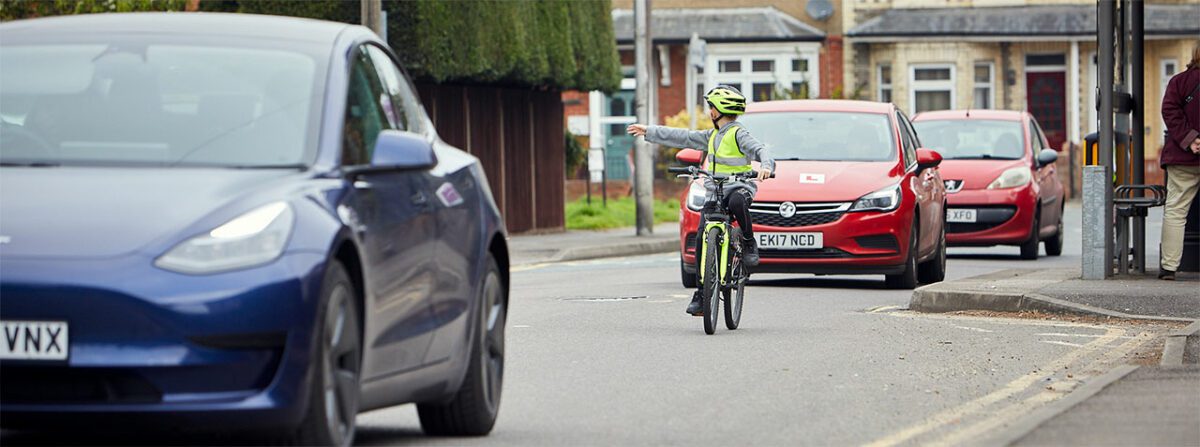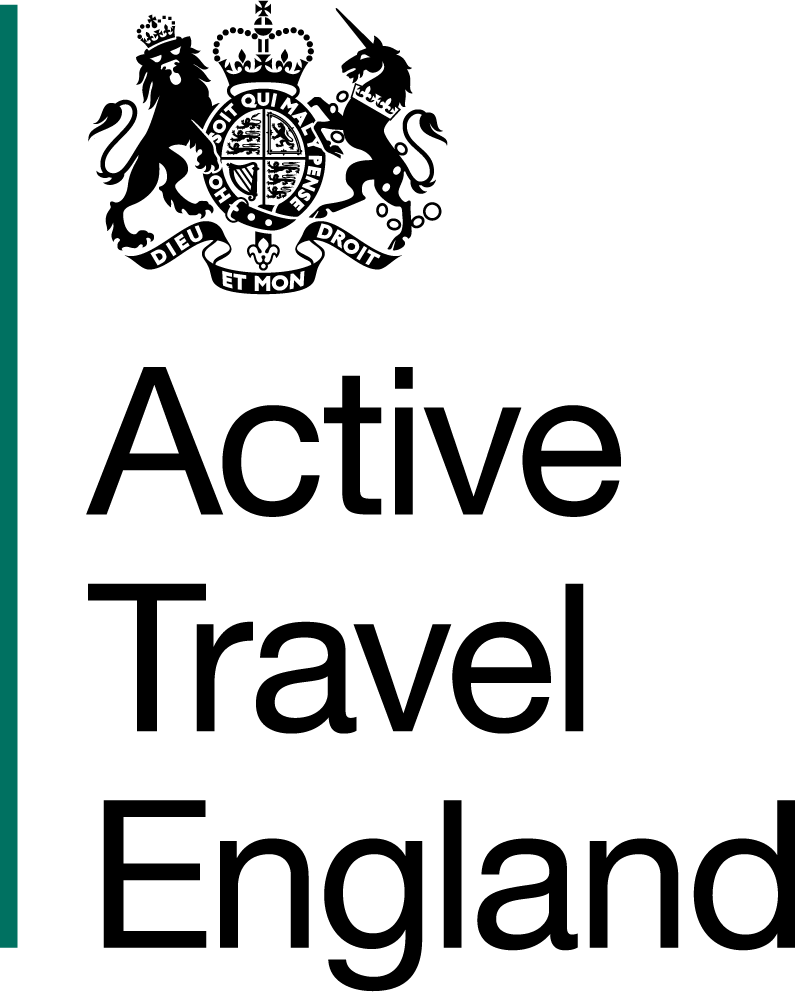3.6.2 Mindset – sharing the road


All road users have a responsibility to behave in a predictable and calm way towards one another.
The National Standard Element 4.1.2 provides some statements about how to co-operate with and respect other road users:
- Anticipate the likely actions of other road users ahead and behind.
- Take particular care when riding near pedestrians and horse riders, especially vulnerable pedestrians with physical, sight or hearing impairments (if present).
- Give other road users enough time and space to perform their manoeuvres.
- Monitor and manage your own reactions to other road users.
As an instructor, it’s important that you manage your own mindset and set a good example for your trainee riders.
You should highlight the importance of being considerate of other road users and the need to protect those sharing the space around you. The hierarchy rules of the Highway Code should always inform your behaviour when cycling.
It is normal to feel nervous sometimes when cycling. It is perfectly fine to pull over and pause a journey so you can regain your composure. When planning your journey, you should choose a route that reflects your cycling ability and confidence.
You understand that road space is shared between people and their chosen modes of transport without prioritising one over the other. You are aware of the rules and responsibilities that apply to you and all other road users. If you encounter challenging or dangerous behaviour by other road users, you have options such as reporting incidents to relevant agencies.
You cycle in a positive and collaborative approach to sharing the road. Through actively and positively interacting with other road users, you help to contribute to a co-operative culture.
A positive culture on the road considers the following points:
- We are sharing this space together.
- We will work together to share this space well.
- I will respect you.
- I will co-operate with you.
- I have empathy with you as a fellow road user.
- No journey is more important than the other.
- Time is the least important thing on this journey.
Achieving a positive road culture when teaching:
- Ride assertively not aggressively.
- Refer to ‘people’ on the road rather than ‘cars’.
- Avoid hostile language or language that creates division between you and other road users.
- Do not identify people by what they drive.
- Be polite to your riders and other road users.
- Avoid language that focusses on danger, like ‘you could get squashed’.
- Understand the importance of your own comfort – simple things, like how much food, drink and sleep you’ve had, can have a big impact on your mood and reactions.
- Check your mental wellbeing – are you stressed, worried or angry?
